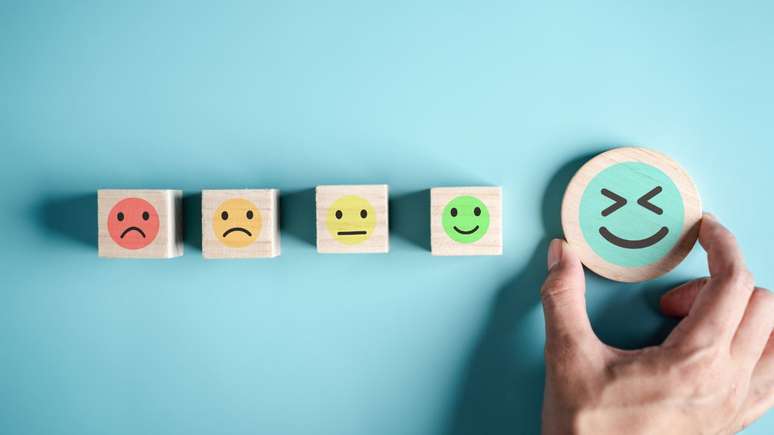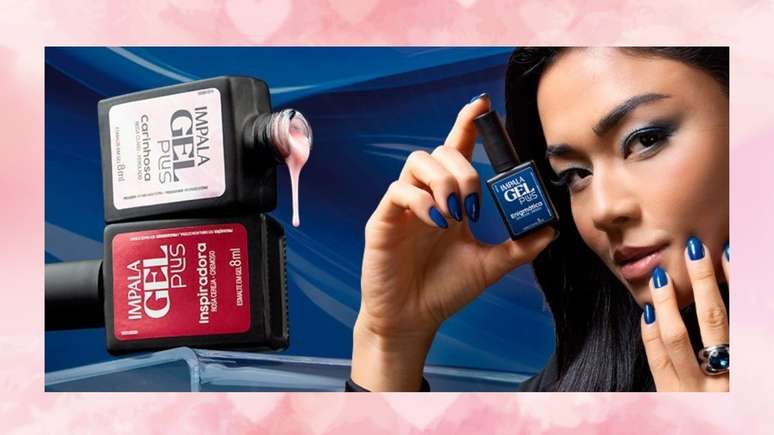Find out how a conscious break of instant pleasures can recalibrate your reward system and increase motivation and concentration
In the era of information and instant gratification, our brain is constantly bombed by stimuli that release dopamine. Whether it’s notification of a new message, a social network, a short exciting video or a delivery of food in a few minutes, we are trained to search and receive small doses of high -speed pleasure.
Although dopamine is an essential neurotransmitter for motivation, learning and reward, excess and frequency of this stimulation can desensitize our system, leading to procrastination, lack of concentration, mental effort and constant search for more excitement to feel the same level of pleasure. It is in this context that the concept of “dopamine detoxification” emerges as a strategy to recalibrate the brain and restore its ability to appreciate the simplest and most lasting pleasures.
What is the purpose of the strategy?
It is not a question of eliminating dopamine, as it is vital. The objective of detoxification is to reduce exposure to easy and quick stimulation sources that overload the reward system. In taking an intentional pause from high pleasure activities and low rewards (such as social networks, electronic games, pornography, excessive consumption of fast food Or online purchases impulsive), we allow dopamine levels in the brain to stabilize, making it more sensitive to the prizes and natural activities that require more efforts but bring deep satisfaction.
The advantages of recaliting your reward system
A detoxifying dopamine, even for a short period, can make significant changes:
- Increase in concentration and concentration: By removing easy dopamine distractions, the brain becomes more able to focus on tasks that require prolonged efforts and attention. The mind falters less and the ability to immerse yourself in an activity (flow state) improves;
- Greater motivation and productivity: When the reward system is overloaded, effort activities seem less attractive. Detoxification can restore the sensitivity of dopamine, making you more motivated to pursue long -term goals and complete important tasks. What once seemed boring now may seem more interesting;
- Reduction of procrastination: Procrastination is often an escape of difficult tasks for instantaneous pleasure activities. By limiting these escapes, you are forcing yourself to face tasks, developing resilience and discipline;
- Improvement of mood and appreciation: Over time, your brain begins to find pleasure in simpler and more natural activities, like a walk in nature, a significant conversation, read a book or enjoy a homemade meal. This leads to a more sustainable and less dependent social state on external stimuli;
- Sleep improvement: Reduce exposure to stimulating screens and content, which often release dopamine, in particular before going to bed, can significantly improve the quality of sleep, facilitating the decoration and promoting the deepest rest;
- Development of self -discipline: The practice of resisting instantaneous gratification impulses strengthens the ability to make will and self -regulation, crucial skills for success in any area of life.
How to make a dopamine of detoxification in a practical way
Detoxification must not be radical. Begins with small changes and notes the results:
1. Set periods without stimuli
Choose one day of the week (or a few hours a day) to avoid all sources of dopamine easy: social networks, games, series, headphones, ultra elaborate food. Fill this time with low stimulus activities, such as walking, reading a physical book, meditating, writing or talking to someone without devices.
2. Notifications off
Disable most of the notifications on your mobile phone and computer. These are constant interruptions that require attention and generate dopamine peaks.
3. Time limits for apps
Use the smartphone settings or the time control applications to limit the use of social networks and other apps that are considered compelling.
4. Create obstacles to instant pleasure
If you tend to check the phone while you wake up, leave it in another room. If your biggest dependence is the delivery food, delete delivery apps for a while.
5. Replace habits
Instead of stopping, replacing the habit of a high stimulus with a low stimulus. Change the Tiktok For a book, the game for exercise.
6. Monitor the triggers
Pay attention to the moments and situations in which you are looking for more instantaneous gratification. Knowing your triggers is the first step to manage them.
I consciously manage dopamine stimuli in your life, you are not depriving yourself, but remembering your brain with a deeper appreciation and a more sustainable motivation, opening the way for lasting well -being and a more proactive life.
Source: Terra
Ben Stock is a lifestyle journalist and author at Gossipify. He writes about topics such as health, wellness, travel, food and home decor. He provides practical advice and inspiration to improve well-being, keeps readers up to date with latest lifestyle news and trends, known for his engaging writing style, in-depth analysis and unique perspectives.









